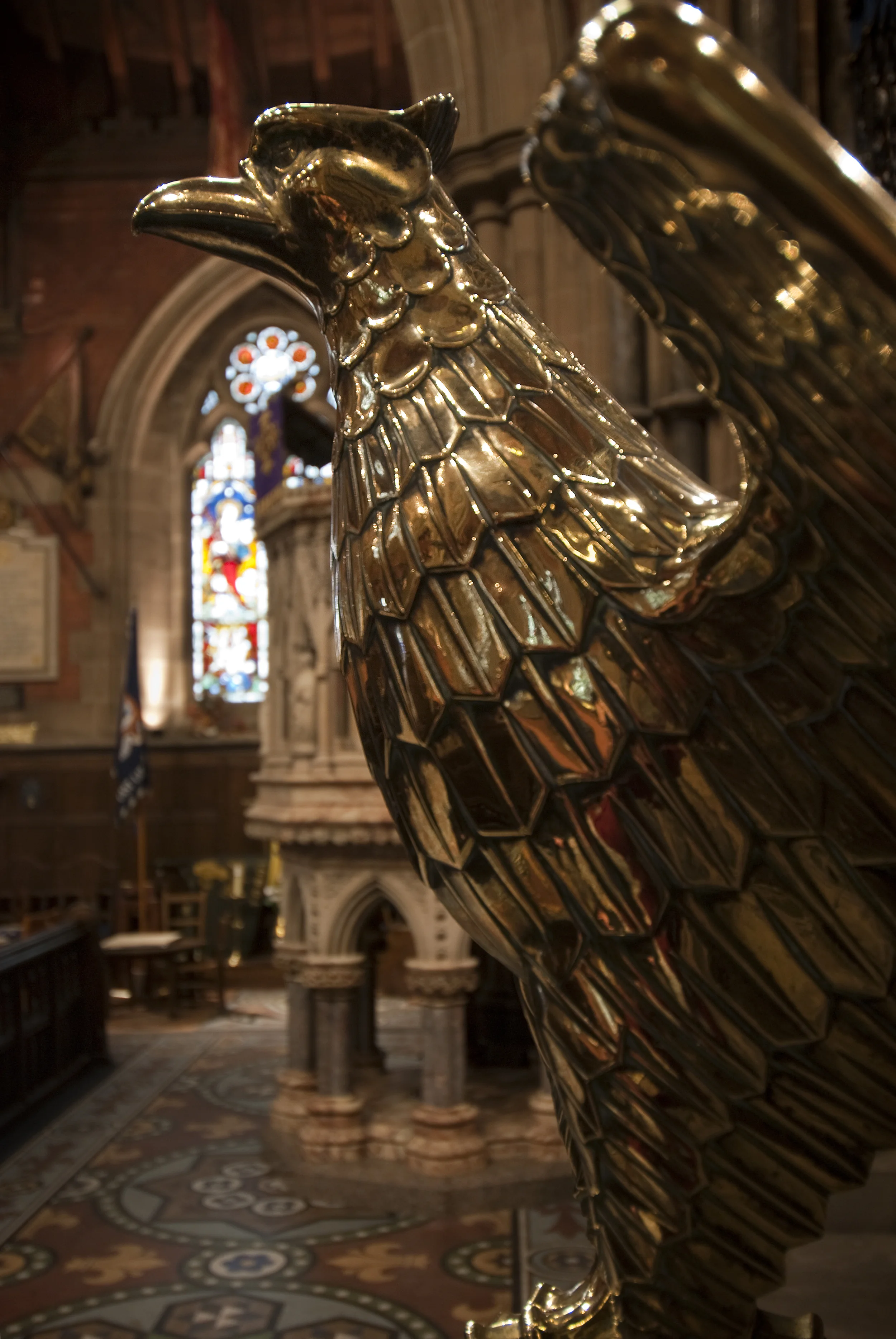Somebody said to me last week that he was fed up with the Referendum Campaign and wished it had never happened: ‘What do we pay politicians for, if it isn’t to take decisions on behalf of the rest of us?’, he asked. I guess we might all sympathise with his frustration with the Campaign - today almost feels like a holiday as you listen to the News - but he was only half right, wasn’t he? Surely there must be things that it makes sense to ask specialists and experts to decide for us, but there are also things that we have to decide for ourselves. Nobody would take a vote to decide how far it is to the moon, or what is the best way to make a vacuum cleaner: there are people whose job it is to know how to work out the answers to those questions. But when it comes to deciding what sort of country we want to live in, what are the priorities that we should hold most dear - well - on things like that, whom can we ask except the whole people? We may be a mixed bunch to be entrusted with such great decisions, but, as everybody knows, while democracy is a poor sort of system of government, it is better than all the other sorts. One of the frustrations in this Campaign, it seems to me, has been that the Leave side has been following a clear instinct about the sort of country they want, but has probably been weaker on setting out the practicalities of the likely costs and implications, whereas the Remain side has wheeled out the great majority of the available experts, without having so much to say about a vision for the country they want. So trying to decide which way to vote has been a bit like trying to compare apples and oranges.
The last days of the Campaign, of course, have taken place against the back-drop of the European Cup. I saw last night the few closing minutes of the match between Italy and the Republic of Ireland. Football never has done much for me, but I don’t think anybody could have watched that Irish crowd celebrating their late goal without being moved. There, if you like, was a group of people who shared some sort of common vision, certainly a deep sense of belonging. We all know that that sort of intense loyalty can lead to mindless violence, as we saw in the recent disgraceful scenes in Marseille between English and Russian fans. But a world in which there was no sense of deep, local attachment would surely be a poorer world. I am still a mere newcomer to Bury, I know, but I do feel a deep loyalty and attachment to this bit of England which I have been privileged to serve for the past eighteen years. No doubt Bury is a pretty ordinary little town, just as Ireland is a pretty ordinary little country. But then, you and I are pretty ordinary little people, and that doesn’t prevent some people from loving us. It is such loves and loyalties that give meaning and purpose to our lives.
As I ponder these things, how I regret the failure of the Christian Church in our days to inspire anything like the kind of full-hearted loyalty and enthusiasm for Jesus Christ that the Leave Campaign inspired for its vision of Britain, or the Irish football team for its success on the field! Our loyalty to him - even within the Church - is often tepid at best. It hasn’t always been so: you will find St Thomas in the Gospels saying to his fellow-disciples, as the Lord headed towards his fate in Jerusalem, that his friends had better go and die with him, for that was what loyalty required (John 11.16); and perhaps you remember those words of St Peter when Jesus asked if the disciples wanted to give up following him - ‘Lord, to whom else can we go? You have the words of life’ (John 6.68). And yet, of course, St Thomas and St Peter turned out to be anything but consistent: everybody knows about Doubting Thomas and Peter the Denier. Or think of St John’s words to the Christians in Ephesus, around the year 100: ‘This I have against you, that you have abandoned the love you had at first’ (Revn. 2.4). There is nothing new in our struggles of today. But I am not despondent. Our faith is not a faith in the commitment of men but in the faithfulness of God. As I finish this letter, the news is just breaking of the vote to leave the European Community. Who knows what the next few years are going to present us with? Remember the words of Jesus to his friends before the Crucifixion: ‘In the world you will have trouble, but be of good courage: I have overcome the world’.
